

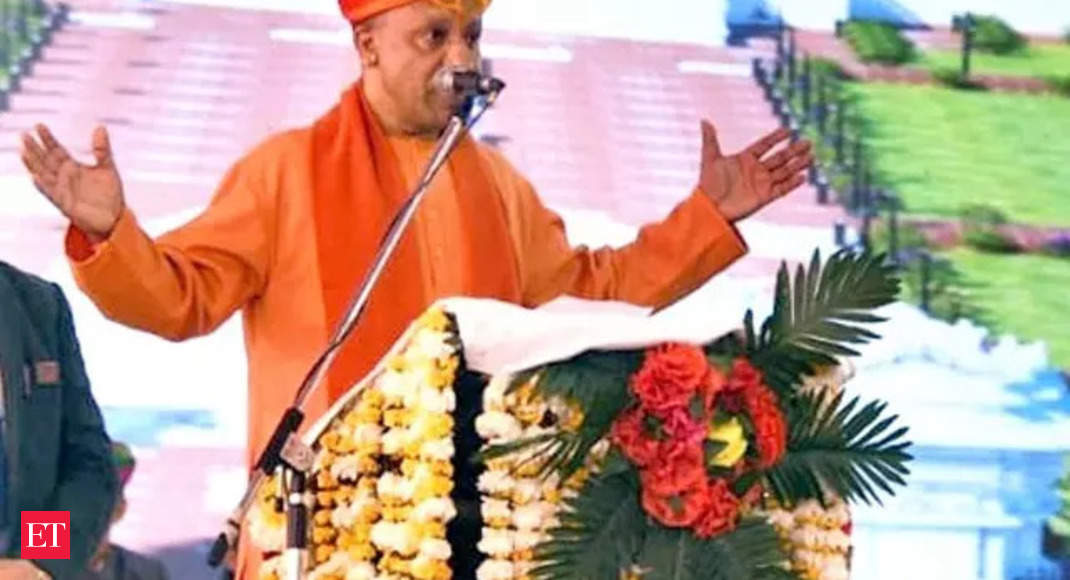
Uttar Pradesh Chief Minister Yogi Adityanath recently attended the Sant Samagam in Rajasthan and emphasised the importance of ancient Sanatan Dharma in India's growth. He praised Rajasthan as a land of devotion and strength, and acknowledged the contributions of the saints and devotees towards societal welfare. The event also saw the unveiling of statues of Baba Abhayanath and Baba Kartarpuri by the CM.
Sant Samagam and Yogi Adityanath's Emphasis on Sanatan Dharma
Uttar Pradesh Chief Minister Yogi Adityanath's recent attendance at the Sant Samagam in Rajasthan has sparked a resurgence of interest in the ancient Sanatan Dharma, also known as Hinduism. Adityanath's address highlighted the Dharma's significance in India's cultural and societal fabric.
Background of Sanatan Dharma
Sanatan Dharma is one of the oldest religions in the world, with its origins dating back to prehistoric times. It is a collection of spiritual, philosophical, and ethical teachings that have been passed down through generations. The Dharma emphasizes the unity of all life, the importance of duty, and the pursuit of spiritual liberation.
Adityanath's Address
In his speech at the Sant Samagam, Adityanath praised Rajasthan's rich history and devotion. He highlighted the contributions of saints and devotees towards societal welfare and urged the assembly to uphold the values of Sanatan Dharma. Adityanath also unveiled statues of two revered saints, Baba Abhayanath and Baba Kartarpuri.
Implications for India
Adityanath's emphasis on Sanatan Dharma reflects a broader trend in India towards a resurgence of cultural and religious identity. This trend has been fueled by factors such as globalization, urbanization, and the rise of Hindu nationalist movements. Adityanath's message of unity and societal harmony based on the Dharma's principles has resonated with many Indians.
Top 5 FAQs and Answers
1. What is the significance of Sanatan Dharma in India's growth? Answer: Sanatan Dharma has shaped India's culture, values, and way of life for centuries. Its principles of duty, non-violence, and compassion have played a vital role in societal cohesion and progress.
2. What was the purpose of the Sant Samagam in Rajasthan? Answer: The Sant Samagam was a gathering of saints and devotees to promote spiritual and social welfare. It provided a platform for discussions on the Dharma's teachings and their relevance to modern society.
3. Why did Yogi Adityanath attend the Sant Samagam? Answer: Adityanath is a prominent figure in the Hindu nationalist movement and a strong advocate for Sanatan Dharma. His presence at the Samagam gave the event a high level of visibility and credibility.
4. What was the significance of unveiling the statues of Baba Abhayanath and Baba Kartarpuri? Answer: Baba Abhayanath and Baba Kartarpuri were revered saints who made significant contributions to Sanatan Dharma. Unveiling their statues paid homage to their teachings and inspired the assembly to embody their values.
5. How does the resurgence of Sanatan Dharma impact contemporary India? Answer: The resurgence of Sanatan Dharma has brought about a renewed appreciation for India's ancient cultural heritage. It is fostering a sense of national pride and unity, while also encouraging spiritual exploration and moral development.
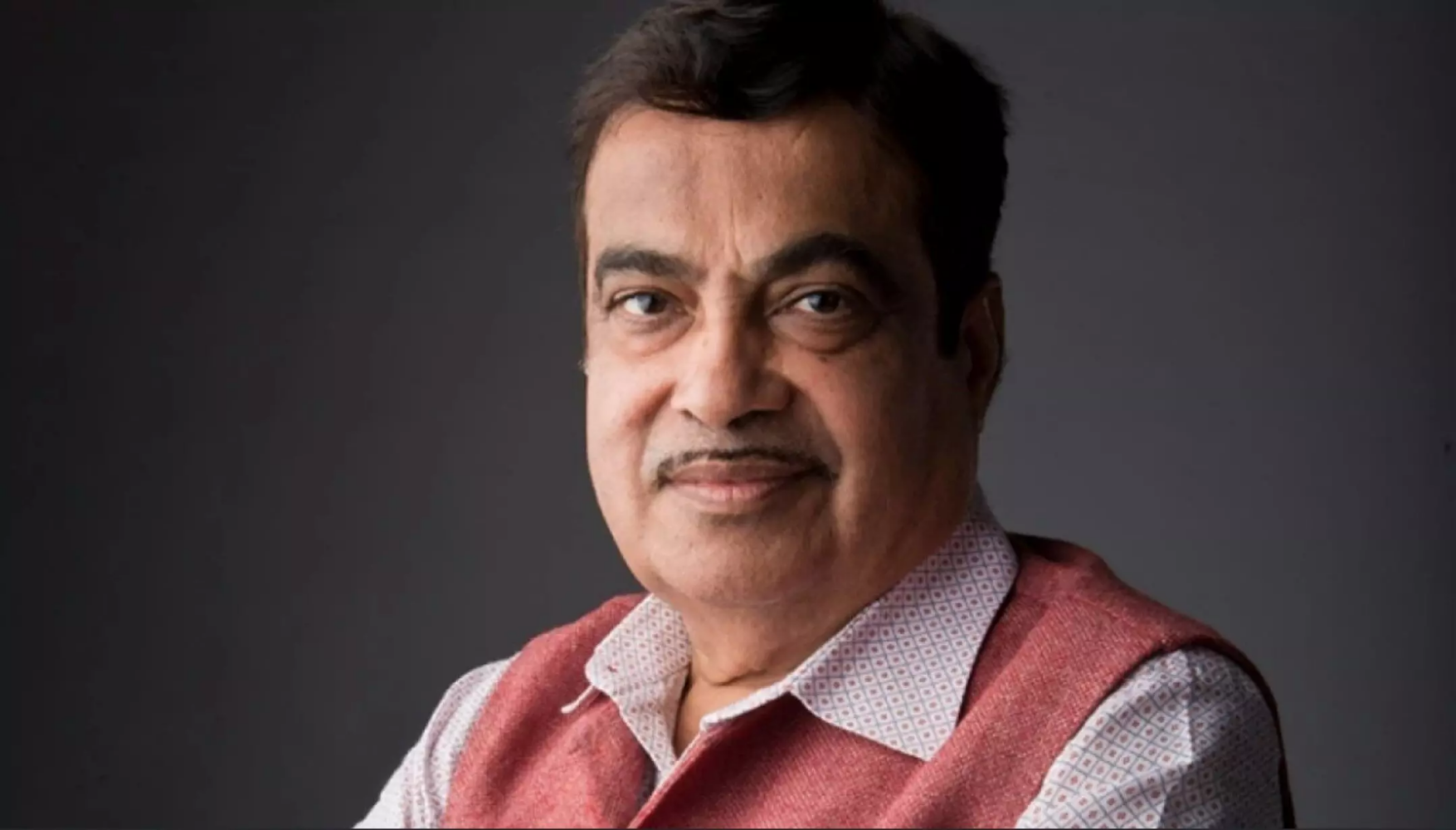
On the foundation day of the Bharatiya Janata Party, Union Minister Nitin Gadkari spoke about the significance of party workers as family members for leaders. He and Chief Minister Devendra Fadnavis were present at the laying of the foundation stone for the party's new office in Nagpur. Gadkari also acknowledged the sacrifices of party workers and the party's goal of national development. He personally donated Rs 25 lakh for the construction of the new office.

Indian Prime Minister Narendra Modi officially opened the new Pamban Bridge in Tamil Nadu, which spans the Palk Strait and serves as a symbol of India's engineering prowess. The first train to cross the bridge was flagged off by PM Modi, accompanied by Union Railway Minister Ashwini Vaishnaw and Tamil Nadu Governor RN Ravi. The bridge's clearance and waterway accessibility were demonstrated by an Indian Coast Guard boat navigating beneath it, followed by a train crossing to showcase its structural integrity and rail connectivity. Earlier, Union Minister Vaishnaw celebrated the BJP's foundation day at the bridge, hailing the party's commitment to Antyodaya and "Nation First, Always First."

On the 45th Foundation Day of BJP, Prime Minister Narendra Modi extended wishes to the dedicated party workers who have been actively promoting the good governance agenda among the public. He expressed pride in their continuous efforts to serve the nation and work towards the progress of India. PM Modi also remarked on the historic mandates received by the party in the past, highlighting the people's trust in their good governance policies.
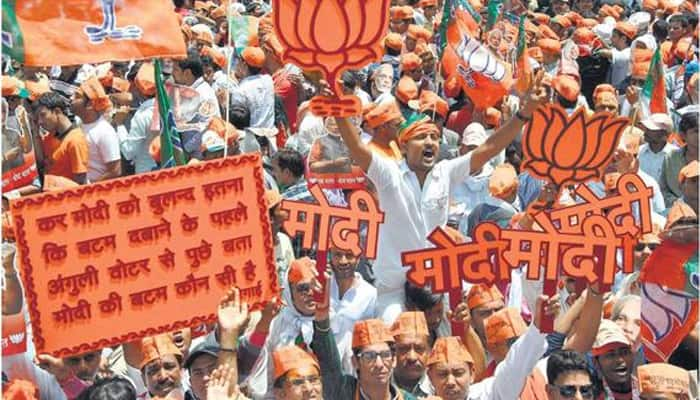
On the occasion of BJP's foundation day, Prime Minister Narendra Modi praised the good governance agenda of the party and how it has earned the trust of people across the country. He also acknowledged the dedication of party workers in serving the poor and marginalized, expressing pride in their tireless efforts. Founded in 1980 and led by Modi to its first full majority in 2014, the BJP has emerged as a major political force in India.
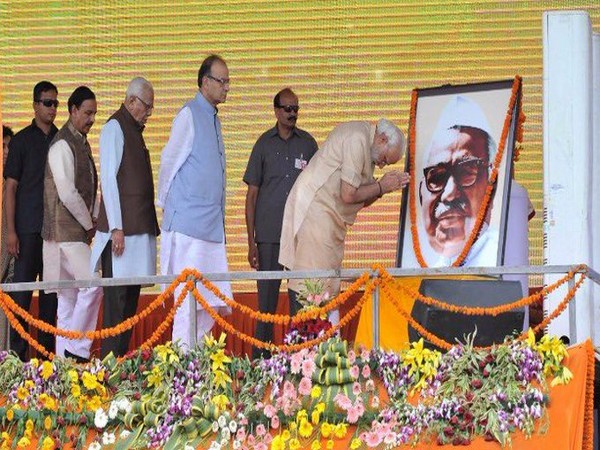
Prime Minister Narendra Modi expressed his admiration and respect for Babu Jagjivan Ram on his birth anniversary, highlighting the former Deputy Prime Minister's tireless efforts in fighting for the rights of the underprivileged and his contributions to the nation's progress. In a video message, PM Modi also recalled Jagjivan Ram's role in the 1971 India-Pakistan war, stating that he was a strong advocate for a democratic and powerful India. This tribute serves as a reminder of the legacy and impact of Babu Jagjivan Ram's lifelong struggle for social justice and equality.
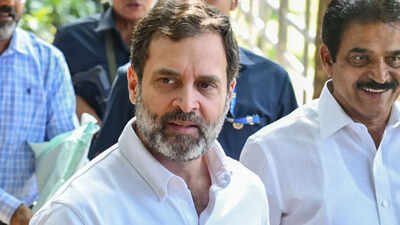
Congress leader Mallikarjun Kharge strongly urged the government to begin the decadal census, last done in 2011, and the caste census without any further delay. He pointed out that the government's decision to indefinitely postpone the census will have serious consequences. Kharge also highlighted the importance of census data in shaping policies and welfare programs and demanded that other castes be included in the census besides the Scheduled Castes and Scheduled Tribes. He urged the government to take urgent action as this delay is leaving millions of people out of welfare schemes and hindering effective decision-making.
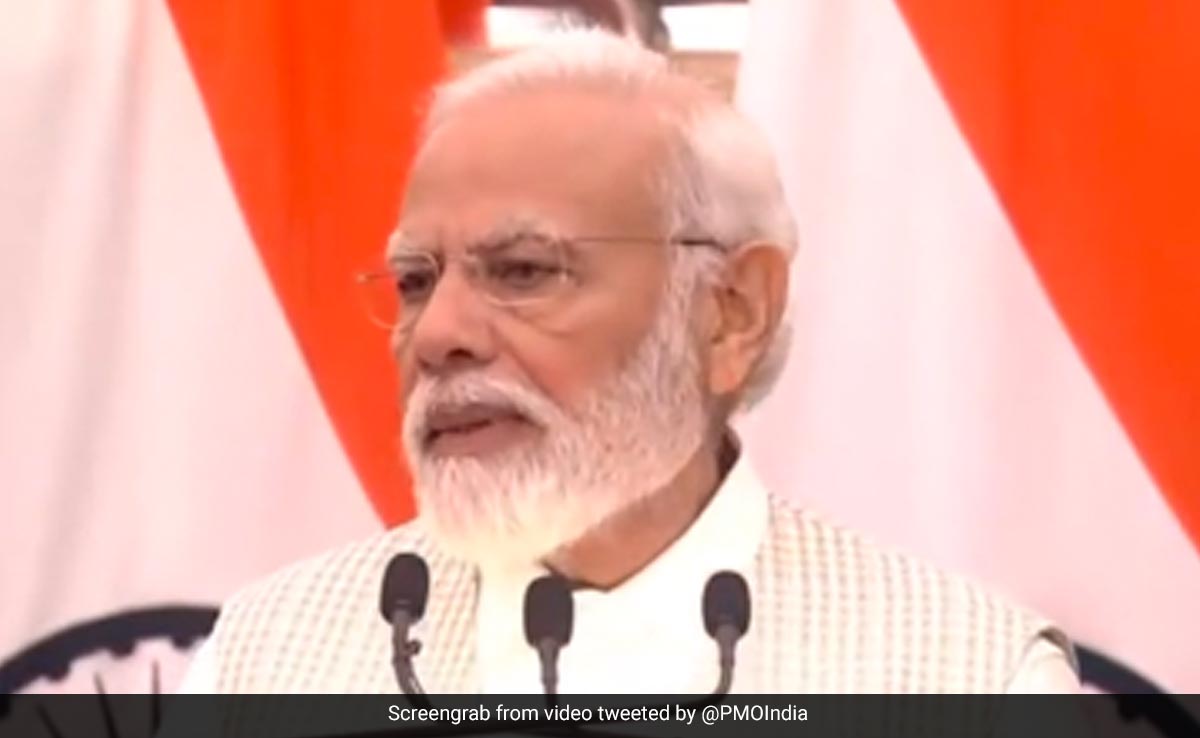
On the occasion of National Maritime Day, Prime Minister Narendra Modi took to social media to express his appreciation for India's rich maritime history and the crucial role it plays in nation-building. He also reaffirmed the government's commitment to further strengthening the maritime sector and ports for the progress of the country.
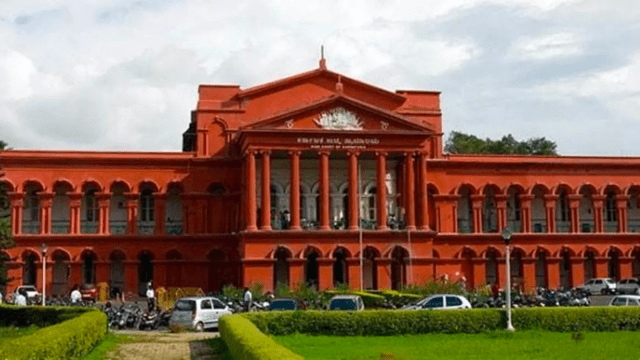
The Karnataka High Court has denied interim relief to social media giant X Corp in its petition challenging the government's new content-blocking mechanism. X Corp argued that the mechanism, set up through the Sahyog portal, does not comply with the safeguards mandated by Section 69A of the Information Technology Act. The Court has posted the matter for final hearing in April and has urged both parties to comply with Indian law.
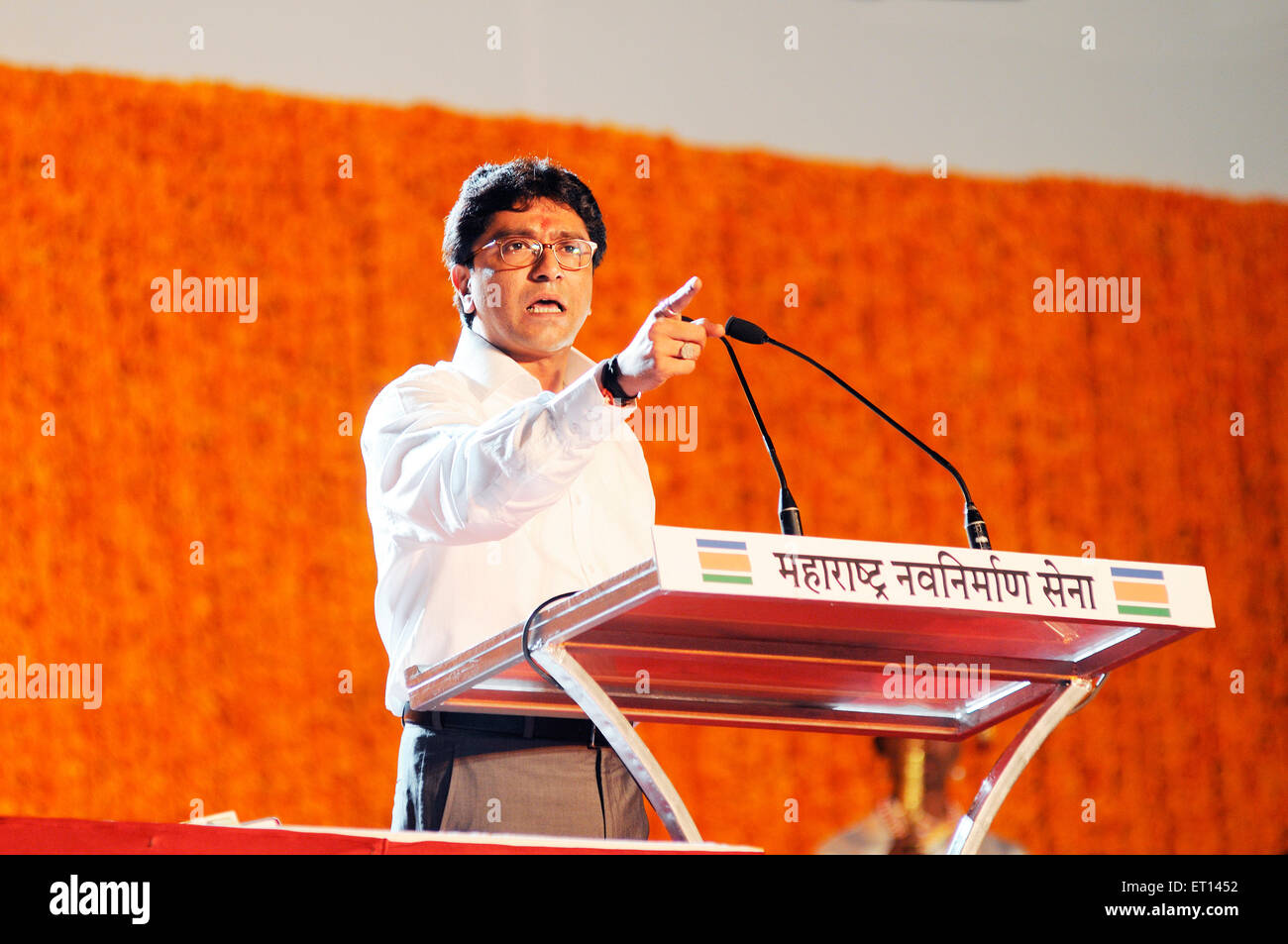
Amidst a series of incidents involving MNS activists resorting to violence against non-Marathi speakers, party chief Raj Thackeray has declared a revival of the party's "Mi Marathi" campaign. The ruling Mahayuti and opposition MVA parties have remained cautious in their reactions, with Chief Minister Devendra Fadnavis stating that demanding Marathi in Maharashtra is not wrong but violence will not be tolerated. While the BJP is reportedly backing the MNS for the upcoming BMC polls, former NCP minister believes it is a ploy to weaken the Shiv Sena-led alliance. The MNS, which has been struggling in the state elections, has found an opportunity to regain political relevance under Thackeray's leadership.
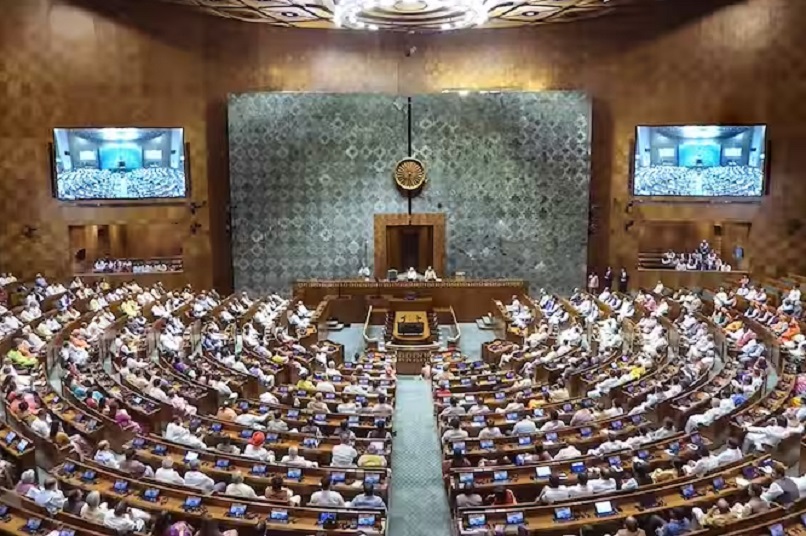
The Waqf Amendment Bill 2025 was passed by Parliament after a 13-hour long debate in the Rajya Sabha. The government hailed it as a "historic reform" for the benefit of the minority community, while the opposition criticized it as "anti-Muslim" and "unconstitutional". The revised bill, which aims to enhance the management and registration process of waqf properties, was approved by both Houses of Parliament and awaits presidential assent to become law. The Union Minority Affairs Minister noted that the Joint Parliamentary Committee's consultation process for this bill was the largest in India's democratic history, receiving over 97 lakh petitions and opinions from various stakeholders.